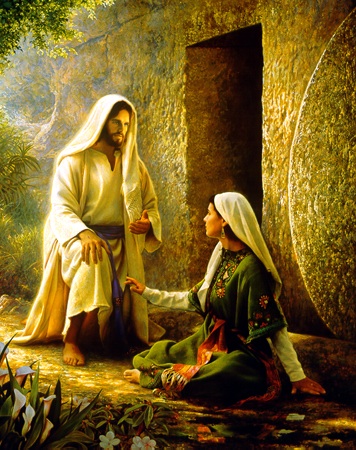Emmaus And Our Personal Struggles

(By Fr. Dexter Brereton)
The Risen Jesus, unrecognized by his disciples explains his own story to two of them on their way to a village called Emmaus. But this story of Jesus is also the story of any great person or movement or idea which meets with resistance or even outright rejection before it achieves its purpose. The reflection begins with their contemporary story of woe and self pity. According to Cleopas, this great man Jesus, had stirred up the enmity of the Jewish authorities; he met with stiff resistance and was put to death: “…and how our chief priests and our leaders handed him over to be sentenced to death.” This reminds us of all those ideas and plans and even people who experience rejection at the hands of persons charged with great responsibility.
A number of years ago, my friend a young black businessman spoke of the discouragement he encountered at one of our commercial banks which absolutely refused to even consider his loan application since, in their eyes, he did not look like a person who could repay it. We also think of artists whose work is rejected as worthless by a society that refuses to acknowledge art. Recently there was a demonstration on behalf of an artist whose work in driftwood had been dumped by the authorities.
This person or idea stir the fires of hope deep within: “…our own hope had been that he would be the one to set Israel free.” All the deep ideas or causes that we espouse in life at some level serve to “set us free.” Ideas like beauty, freedom of expression, self-reliance, self-regard are all expressions of freedom.
Next, Jesus takes their sad story and re-tells it, this time looking at these traumatic events through the lens of the scriptures. “Then he said to them: You foolish men! So slow to believe the full message of the prophets! Was it not ordained that the Christ should suffer and so enter into his glory? Then starting with Moses and going through all the prophets he explained to them the passages throughout the scriptures that were about himself.” The point is made that the events of life continue to be empty and ‘flat’ unless they are interpreted using the ‘key’ of God’s Word. Conversely, God’s word remains a kind of ‘comic book’ unless the great events of the bible are read through the lens of the events of our own lives. Jesus teaches them that the suffering and resistance he encountered – like the persecution of all the great ideas we know, is all in accordance with the great law of life. This gives us a sense of solidarity with all those great men and women down through the ages who suffered persecution and death. We are glad to be in their company.






